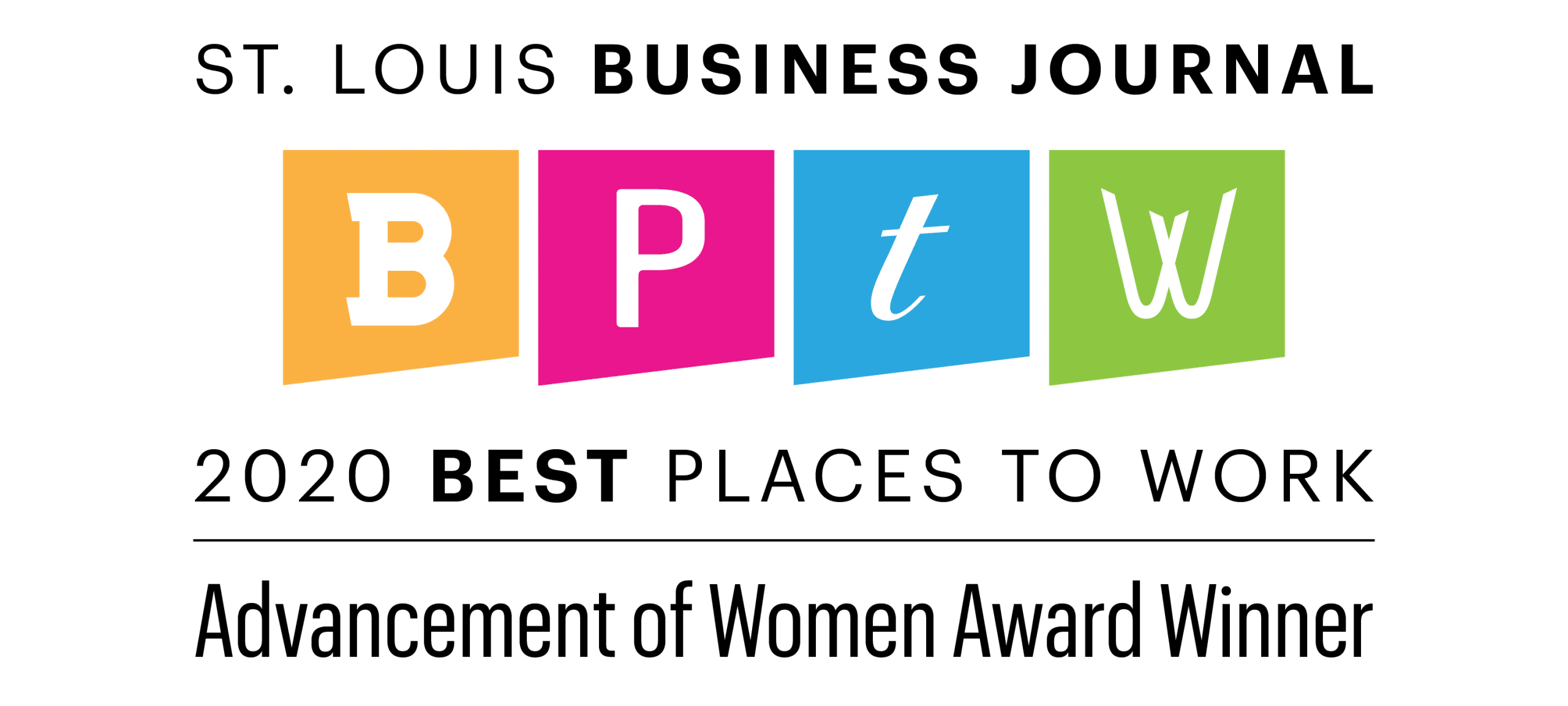There once was a time when offering your employees a 401k or other company-sponsored retirement savings plan was a nice perk. Maybe your company offered one, or maybe it didn’t. Today, however, a good 401k plan can serve as a valuable tool for attracting (and retaining) talent, and provides nice benefits for your employees. That being the case, you may find yourself wondering one of two things:
- Where do I start if I don’t already have a plan set up?
- How do I know if the plan I already have is the right fit for my company and employees?
You’re not alone, and the great news is – there is help. In this article I’ll outline things to consider (especially when it comes to fees), and walk you through key things you must know about company-sponsored plans.
Your Advisor
Consulting with a retirement plan advisor is the best place to begin when setting up a plan for your company. The days where advisors just picked the investment funds are gone. Today advisors act as the centerpiece for company sponsored retirement plans. Retirement plan advisors educate plan sponsors, monitor plan compliance, advise participants, and act as a single point of contact for the plan.
There are many types of advisors, so you’ll want to know if the person you’re consulting is a broker (registered representative) or an Investment Advisor Representative (IAR). In many cases, an IAR may be a wise choice. IAR’s have a fiduciary responsibility to operate in your best interest. Brokers do not. IAR’s are paid on a fee-basis and have no incentive to steer you towards a particular fund. Brokers are paid by fund companies and can receive varying levels of compensation depending on which fund they select.
There are also certain advisors who hold the Accredited Investment Fiduciary® (AIF) Designation from the Center for Fiduciary Studies™. Those with the AIF® designation hold specialized knowledge of fiduciary responsibility and are skilled at implementing the policies and processes needed for a company sponsored retirement plan.
What About Fees?
Fees have become a large topic of conversation over the last few years as regulations have required more transparency about the overall expenses that investors are paying. While you can’t avoid 401k fees – they are necessary for the plan to operate – you can make sure the fees are reasonable for the level of service you’re getting. Two key questions to ask when it comes to fees are:
- What are we getting for those fees? Normally, there are four entities being paid from a retirement plan: recordkeeper, third party administrator, plan advisor, and fund company. It is important to separate these costs to determine who is getting paid what and what they are doing for the plan. I have found plans that pay an advisor they didn’t know they had. I have also found plans that pay for a high-tech recordkeeping platform they don’t need.
- How is our advisor being paid? Is the advisor a fee-based, independent IAR (as described above), who has a fiduciary responsibility to operate in your interest, or is the advisor a commissioned rep or broker who is paid according to the product sold to you? Commissioned reps may be required by the company to sell only certain funds, or could have incentive to offer choices that deliver higher commissions.
Your Responsibility
As the employer, you have certain responsibilities as the plan sponsor. If you are a smaller company, you may not feel you have the resources internally to become knowledgeable to ensure you have a good plan. And honestly, plans are complicated, but we recommend someone in your company speak to an advisor to learn what to look for in a plan, and what to avoid. Following is advice that can help you understand your legal responsibility, and the steps you can take to help meet this responsibility:
- You have a fiduciary responsibility as a plan sponsor, so it’s important to be educated on the plan compliance. These include things like having to make contributions at a certain time, communication with participants, knowing who is eligible, etc.
- Benchmark your plan. Every plan is different and every provider is different. So, understand what services are available and consider what services you need. Your plan fees should reflect this.
- Costs must be itemized per provider. You can easily see the fee, but you need to know who is getting paid out of that amount. If you get different proposals, you can see where the costs are going, which will give you an apples-to-apples comparison. Here are examples of who may be receiving a portion of the fee.
- The record keeper
- A 3rd party administrator, who may also be the record keeper, or could be independent
- The mutual fund company
- The investment advisor / retirement plan advisor
- Request multiple proposals from record keepers and plan advisors. You don’t know what is available unless you search the market.
- You must be able to justify that fees associated with your plan are appropriate for the level of service and investment options you’re getting.
- Smaller companies usually have higher expenses. There is really no way around it. Make sure you understand different ways fees can be paid. Remember to make the decision based on the best interests of your participants.
- Never put all your trust in one advisor and record keeper. It’s important for your business and employees that you understand the plan, and your responsibilities as a plan sponsor.
Setting up a 401k is a good business move, but doing it right does take some know-how. We are happy to help you through the process, and as IAR’s and AIF’s®, we have the obligation to put our clients’ best interests first.



















